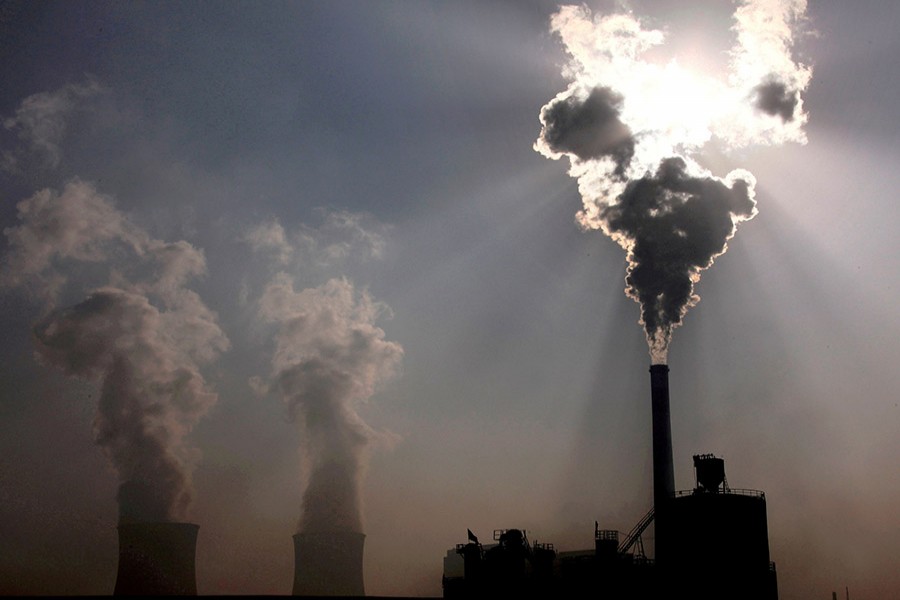
Published :
Updated :

With the approval of amendment to the BERC (Bangladesh Energy Regulatory Commission) Act 2003 by the cabinet, the government has assumed the right to adjust power and gas prices without a public hearing. The purpose of the move is to introduce what has been termed a 'dynamic energy pricing' system. On paper, the argument looks strong enough when the delay in taking effect of a price adjustment following the BERC's process is often atrociously long. According to the state minister for power, energy and mineral resources, a proposal sent to the BERC for price hike took one and a half years for adjustment. But by the time it did so, it proved irrelevant. Dynamic pricing will avoid such lengthy procedures, let alone a public hearing, to readjust the tariff rate within two to three days.
Although it gives the impression that the exercise is very simple and local power and gas tariffs will be raised or lowered consistent with price hike or drop in the international market quite often, it is unlikely to be such a continued sequence. The present woes find their origin in the policy flaws that have made the country overwhelmingly dependent on imported fuel oils and LNG (liquefied natural gas). Even when petroleum products registered a record slump before the post-Covid bullish energy market, consumers did not enjoy any benefit out of it. Through this energy crisis global lobbyists of fossil fuels including coal, the dirtiest of all, have successfully diverted focus from clean or renewable energy sources. In case of Bangladesh, the captive power plants run on imported but subsidised oil, should not have been more than an emergency solution to the power crisis but the system was unnecessarily protracted. The expenditure of Tk 900 billion on this head over the past 11 years speaks volumes for the misdirected priority.
There is no guarantee price revision will take place in consistent with international market when it will abruptly come down. It happened earlier on the pretext that the BPC needed to recover some of the losses it incurred on account of subsidy. Many will feel prompted to view it as a move consistent with the IMF recipe for receiving the multilateral agency's loan. Whatever may be the case, the fact is that Bangladesh has not done its homework well enough to meet an emergency when it comes to exploring its domestic sources either on the fossil fuel --- mainly gas --- front or on the renewable front. The country along with others has convincingly argued at the COP27 summit at Sharm el-Sheikh for a loss and damage fund from the rich and pollutant countries. But it did not put its own house in order by way of opting for renewable energy.
Had it done so, the current crisis could not hit it so hard. Instead of charting a roadmap for green or clean energy, it is now compelled to look for a way out of the energy crisis no matter if it means falling back upon dirty energy sources like coal. Costly imported fuel has not only led to rising production cost but also its crisis has badly affected industrial output. It is like a chain reaction that makes the economy wobbly. Better it would be to explore domestic gas and its rational use for power generation and other productive purposes in order to overcome the present crisis and opt for a roadmap for harnessing wind and solar power as early as possible.


 For all latest news, follow The Financial Express Google News channel.
For all latest news, follow The Financial Express Google News channel.